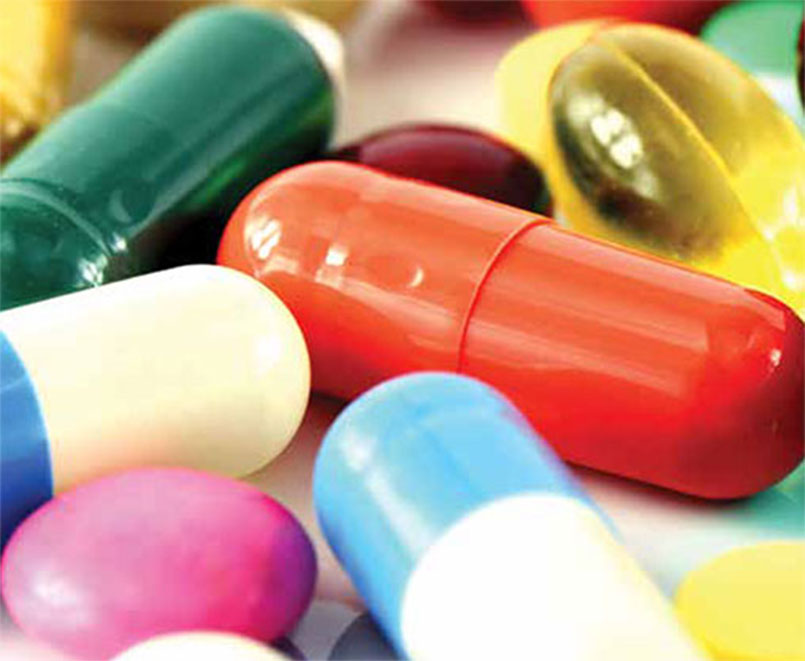Heart supplements are a multibillion dollar industry. It always surprises me that getting patients to take prescribed medications is a challenge and yet many individuals freely ingest a multitude of supplements and over the counter medications. While most are not harmful…the benefits are sometimes limited. Here is a look at some of the most widely used agents
FIBER
Found naturally in fruits, grains, vegetables and legumes or as a supplement such as psyllium, methylcellulose, wheat dextrin. Fiber rich foods have a low glycemic index so keep sugars down and lower bad (LDL) cholesterol while raising the good (HDL).
STEROLS and STANOLS
Also found in nuts and grains or taken as supplements they reduce cholesterol absorption and thus lower LDL.
GARLICS
lightly lowers blood pressure, reduces plaque buildup and keeps the blood thin.
OMEGA 3 FISH OIL
There are 2 types; DHA and EPA. this has the strongest data and the American Heart Association recommends at least 1gm daily either through oily fish consumption or as a supplement. They help lower triglycerides however for individual with really high numbers (>500) a prescription product is recommended. Omega 3’s have been shown to improve survival however if you are on a statin then there is no additional cardiovascular benefit.
GREEN TEA
Offered as an extract or as a drink it can lower LDL and raise HDL cholesterol.
CoEnzyme Q10
Also called ubiquinol they can help lower blood pressure, improve energy in heart failure patients and relieve some of the statin side effects of muscle pain and weakness. Unfortunately most of the supplement never gets absorbed.VITAMIN DMany studies are underway to evaluate its benefit but for anyone who is deficient up to 2000 IU can be considered.
RESVERATROL
This is the polyphenol found in red grape skin and red wine. The studies have been disappointing and a glass of wine is a better option than the supplement.
TURMERIC
This curry spice has another polyphenol – curcumin which has antioxidant and anti inflammatory properties. Since plaque rupture is caused by inflammation it may reduce the chances of a heart attack.
ANTIOXIDANTS
These have been among the most disappointing. Vitamin E, Vitamin C, and Beta carotene were all evaluated in multiple large trials and failed to show any benefit. Anti oxidants from favorable fruits and vegetables is a much better choice eg berries, chocolate, spinach and kale.
MULTIVITAMINSB6,
B12 and folic acid, as well as multivitamins in general, have shown no cardiovascular benefit. Multivitamins are still recommended however since they have a small benefit in reducing cancer deaths
TESTOSTERONE
Unless you are deficient, these supplements increase your cardiovascular risk.
HORMONES
In high doses both estrogen and progesterone are linked with blood clots, strokes and increased cardiovascular events
NSAIDS
(Non Steroidal Anti Inflammatory Drugs)Ibuprophen and naproxen are commonly used for reducing imflammation but they can raise blood pressure, cause fluid retention and increase heart attacks. They should be used in the lowest dose possible. Acetaminophen or aspirin are preferred. Even a baby aspirin is no longer recommended unless you have evidence of plaque buildup in your arteries.
All supplements should be taken as complementary therapy to any prescriptions your doctor may have recommended. Always ask about drug interactions and use the least amount necessary. Supplementing your life with a balanced diet rich in fruits and vegetables, exercise, laughter and love will be your best formula for a healthy heart!


